Investing in Bitcoin ETFs: Comparing iShares Bitcoin Trust and Bitcoin & Ether Market Cap Weight ETF
Investing in Bitcoin ETFs: iShares Bitcoin Trust vs. Bitcoin & Ether Market Cap Weight ETF
After surging past $100,000, Bitcoin (BTC) continues to attract strong interest from investors and experts alike. Industry leaders like Ark Invest CEO Cathie Wood reiterate ambitious long-term predictions, with price targets soaring towards $700,000 by 2030 and potential for even higher valuations beyond. With such encouraging forecasts, financial gurus suggest every investor should consider a small allocation to Bitcoin, even as little as $100. This modest amount is enough to invest in top Bitcoin exchange-traded funds (ETFs), but understanding which ETF to choose is crucial since they offer distinct exposures to the crypto market.
The Largest Bitcoin ETF: iShares Bitcoin Trust (IBIT)
Currently, the largest Bitcoin ETF in terms of assets is the iShares Bitcoin Trust ETF (IBIT). As of the last quarter, IBIT's portfolio was valued at approximately $70 billion, more than three times the asset size of its closest competitor. Thanks to this scale, IBIT can offer a comparatively low management fee of 0.25%, making it an affordable choice for investors compared to many higher-cost alternatives.
The main advantage of IBIT is its direct investment strategy: the fund holds Bitcoin itself, simplifying ownership for investors. Direct ownership of Bitcoin often comes with challenges, including complicated tax reporting and potential security risks such as scams or phishing. By investing in IBIT, you bypass these complexities, enjoying secure and streamlined exposure to Bitcoin—just as you would with any standard ETF. According to the fund's prospectus, this structure eliminates the operational, tax, and custody hurdles that come with direct Bitcoin ownership.
Another benefit is the ability to automate your investment. With platforms offering recurring purchases, you can easily set up automatic monthly investments to dollar-cost average your exposure, which is particularly beneficial in Bitcoin's typically volatile market. IBIT allocates 99.9% of its assets to Bitcoin, with a small portion held in cash for liquidity, making it one of the fastest and most cost-effective vehicles for Bitcoin exposure.
Diversification: Bitcoin & Ether Market Cap Weight ETF (BETH)
For those interested in broader crypto exposure, the Bitcoin & Ether Market Cap Weight ETF (BETH) could be an appealing choice. Launched in 2023, BETH primarily invests in Bitcoin, but—true to its name—it also allocates funds to Ethereum, the second-largest cryptocurrency by market cap.
Ethereum stands out due to its capability of supporting decentralized applications, acting much like a programmable form of Bitcoin. By investing in BETH, you're not just betting on Bitcoin's future but also on the continued growth and innovation of the wider cryptocurrency universe, particularly Ethereum’s ecosystem.
As of the last quarter, BETH maintained an 88% allocation to Bitcoin, with the remainder dedicated to Ethereum. However, rather than holding the cryptocurrencies directly, BETH gains exposure via futures contracts. While this approach offers diversification, it also introduces a level of correlation and market risk not present in spot ETF holdings. Additionally, BETH’s expense ratio is higher, around 0.95%, reflecting the costs of its broader exposure and futures-based structure.
Most investors might prefer the lower-cost IBIT, but if you want to diversify into both Bitcoin and Ethereum—the two leading digital assets—BETH provides a convenient one-stop solution. Like other ETFs, you can set up automated investments, making cryptocurrency investing accessible with even small amounts.
Conclusion
Whether you opt for the cost-effective direct exposure of IBIT or the diversified approach of BETH, both ETFs allow you to get instant access to the fast-growing cryptocurrency market with as little as $100. Assess your investment goals and risk tolerance to choose the product that fits your portfolio.
This content is for informational purposes only and does not constitute financial advice.

